GLOBAL
POLICY LAB
Overview Proposal
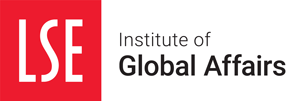
LSE

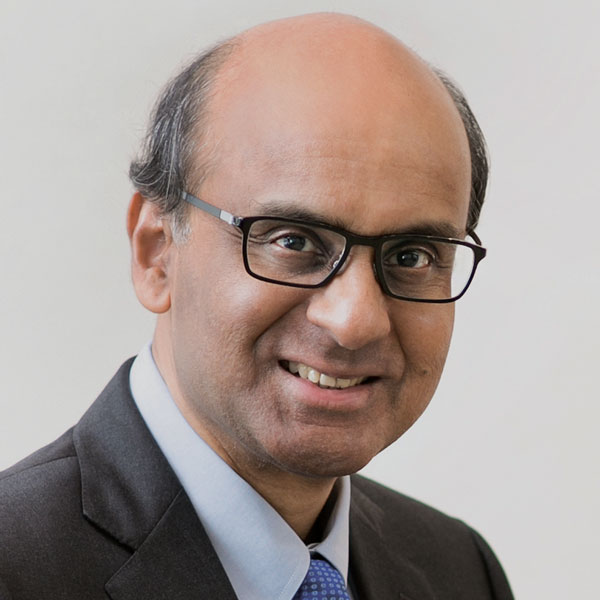
The G20 Eminent Persons Group of Global Financial Governance (EPG) has made specific proposals to achieve these objectives. The reforms needed are within our reach. They involve new ways of spurring development finance, and ensuring greater and more lasting development impact. There is large untapped potential for joint action by the MDBs, bilateral institutions and the private sector, to work with countries to de-risk not only individual projects but whole investment environments. There is also significant opportunity to diversify risks across countries and build a standardized, large scale asset class to attract institutional investors, who to date have had minimal participation in developing country infrastructure.
We must also deepen domestic financial markets, and enable countries to benefit from capital flows and run sustainable current account deficits, where they are fundamentally needed at their stage of development, without the recurring bouts of instability that set back growth. It is critical too, that we build a more reliable global financial safety net – by ensuring an adequately-resourced global layer in the IMF, and stitching together the decentralised structure of global, regional and bilateral arrangements that have evolved over the last decade. We must also put in place a more integrated system of global risk surveillance, to avert the next crisis.
LSE

London School of Economics and Political Science
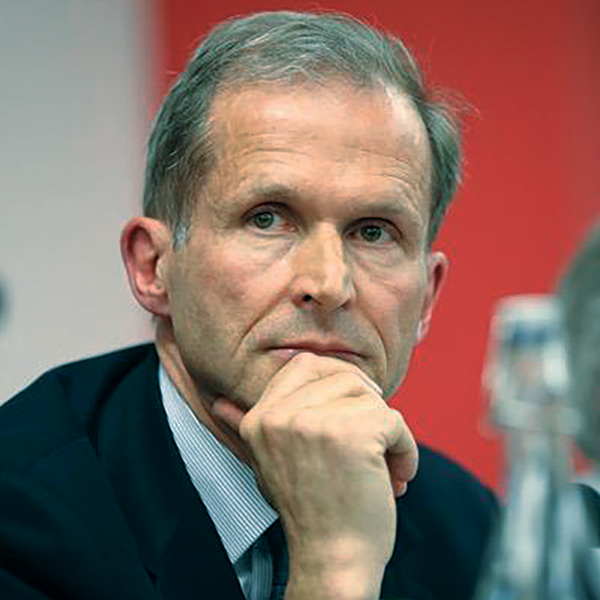
Do we have a global financial system that works for all and are we having the critical impact required to address the global challenges to create a sustainable future for our children and grandchildren? Do our multilateral financial institutions really function as a system? Do the shareholders, and ultimately the taxpayers, get value for money? The G20 Eminent Persons Group on Global Financial Governance (EPG) was a G20 initiative under the German Presidency in 2017 to review the efficiency and effectiveness of the global financial architecture.
The urgent transformation needed to achieve the UN Sustainable Development Goals in 2030 requre global investments on a scale far beyond what we have seen to date, particularly in emerging and developing economies. Much of it will have to come from the private sector, but the international financial institutions will play an important part in supporting the efforts of countries to enhance the investment climate, particularly through improved governance and human capital, and in facilitating private investment by bringing down and sometimes sharing risk.
LSE

Global Financial
System Work
for All
n April 2017, the G20 Eminent Persons Group on Global Financial Governance was asked by the G20 Finance Ministers and Central Bank Governors to recommend reforms to the global financial architecture and governance of the system of International Financial Institutions (IFIs) so as to promote economic stability and sustainable growth in a new global era; and to consider how the G20 could better provide continued leadership and support for these goals. The result was the first of its kind global report titled “Making the Financial System Work for All.”
At the heart of the report is the future of the open and competitive world order that has brought a large part of humanity out of poverty, raised living standards across nations, and provided the foundation for unprecedented global peace over the last 70 years. That open order remains critical to every nation’s future. But the system of international governance and cooperation that underpins it is fraying. Left on its own, there is a real risk of drift into a fragmented world, with policies in different parts of the world working at odds with rather than reinforcing each other, and with all nations ending up losing.
LSE

Overview proposals
Re-focus on governance capacity and human capital, as foundations for a stronger investment climate.
Build effective country platforms to mobilize all development partners to unlock investments, and maximize their contributions as a group, including by convergence around core standards.
Implement regional platforms to facilitate transformational cross-border investments and connectivity.
Reduce and diversify risk on a system-wide basis to mobilize significantly greater private investment, including portfolio-based infrastructure financing.
Proposal 4a:
Shift the basic business model of the MDBs from direct lending towards risk mitigation aimed at mobilizing private capital.
Proposal 4b:
Develop system-wide political risk insurance and expand use of private reinsurance markets. Proposal
Proposal 4c:
Build a developing country infrastructure asset class with the scale and diversification needed to draw in institutional investors.
Right-size’ capital requirements for MDBs and other investors in infrastructure, given their default experience.
Proposal 5a:
Establish tailor-made capital and liquidity frameworks for the MDBs.
Proposal 5b:
Review the regulatory treatment of infrastructure investment by institutional investors.
Strengthen joint capacity to tackle he challenges of the global commons.
Proposal 6a:
Integrate activities in support of the global commons into the IFIs’ core programs, and coordinate them within country platforms.
Proposal 6b:
Create global platforms with the UN guardian agency and the World Bank coordinating and leveraging on the key players in each of the commons.
LSE

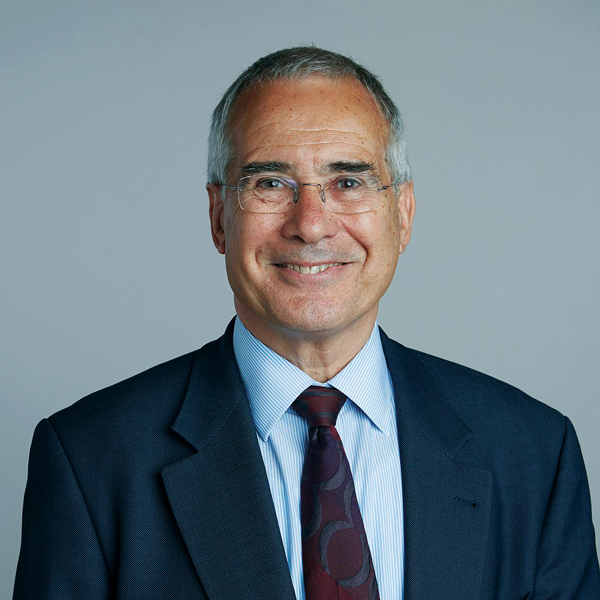
LSE

The Role of the Global Financial System

Investing in broad-based human capital distinctly creates a three-way win-win. Human capital is key for economic growth. Human capital investments are also key for building equitable societies. And human capital is not only “capital”—that is, an input for production—but higher levels of human capital immediately translate into superior quality of life. Better health and nutrition, achieving literacy and numeracy, and access to modern sanitation services not only make people more productive but vastly improve their living conditions and well-being. Human capital improvements translate into longer, healthier, and more fruitful lives.
LSE

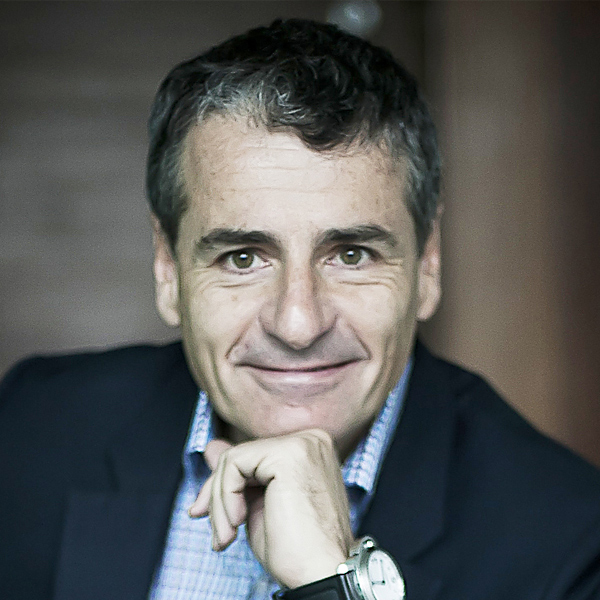
“Today it is a sin to run a current-account deficit, and that is crazy,” lamented Singapore Deputy Prime Minister Tharman Shanmugaratman at the annual gathering of the International Monetary Fund and the World Bank in Bali in October 2018. Ministers who boasted of their balanced current accounts, while officials from deficit countries were treated like reprobates. Yet, as Tharman reminded the crowd, countries like South Korea and Singapore “grew by running current-account deficits at early stages of development, so we could invest ahead for growth while our savings were being built up.”
Economic theory is squarely on his side. A family need not wait until it has savings equal to the value of a house before buying one. Instead, it makes sense to borrow while the parents are young and their income is still relatively low, and to repay once they are better off. The same logic applies to a developing country, which in order to escape poverty should run a deficit and borrow while still poor.
LSE


As the global economy is still in the midst of unprecedented policy uncertainty with increasing risks of a widespread slowdown of trade and economic activity, the G20 is going to examine in the coming months the proposals of the G20 Eminent Persons Group (EPG) on Global Financial Governance. The EPG Report was broadly endorsed by G20 Leaders at their Summit in Buenos Aires last December and its implementation is currently being considered by the relevant technical instances under the aegis of the G20 Japanese Presidency.
The EPG proposals are considered valuable, although most of them are deemed to require a multi-year time commitment. It is understood that the Japanese Presidency will identify a limited number of proposals for early discussion and possible approval by Leaders at the Summit in Osaka at the end of June 2019. The EPG made 22 proposals covering three separate chapters of the Report: Development (9 proposals); Finance (7 proposals); Governance (6 proposals). Of these 7 are expected to be considered: 4 in the Development agenda and 3 in the field of Governance; regrettably, none of the Finance proposals have been selected.
LSE

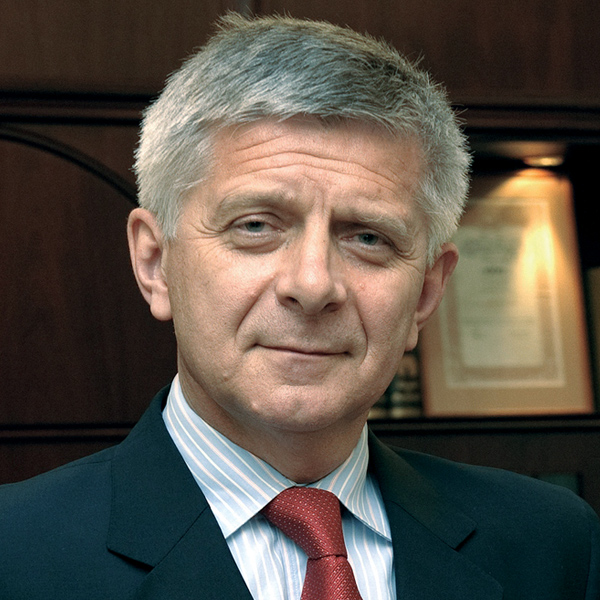
2019 is another important year for Europe. The United Kingdom will most probably leave the EU and and we will all have to redefine our mutual relations within the continent and in the global community. In May 2019, election to the European Parliament will take place. Its future composition, but also the turnout at the polls in all 27 EU members may be decisive for the future of integration. Some time later, a new Commission will be formed, reflecting the ever-changing political landscape. This is a time for disscussing priorities and challenges facing Europe, even if realistically the “tyrany of status quo” will inevitably put a big pressure on us.
Four major factors shaped the fortunes and misfortunes of Europe in the last decades.
First, the creation of Euro – the common European currency, made the integration seem inevitable and irreversible, helped European firms to grow to a global significance but also made the economy of the continent more vulnerable to external shocks. This latter problem is generally attributed to the fact that the common currency lacks sufficiently solid institutional underpinnings.
LSE

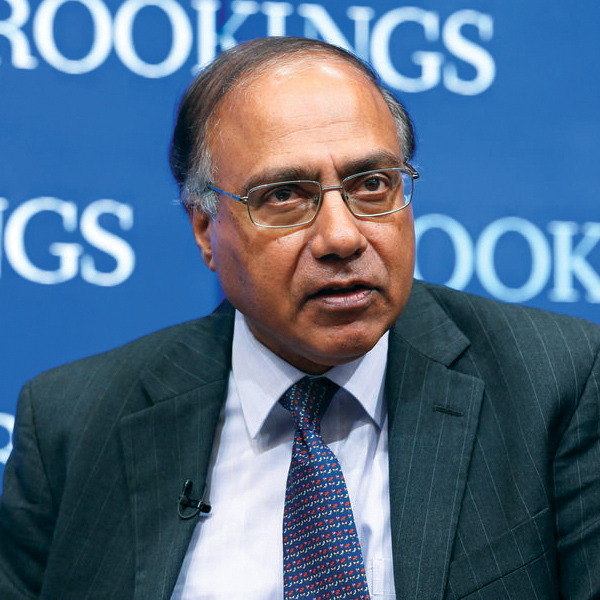
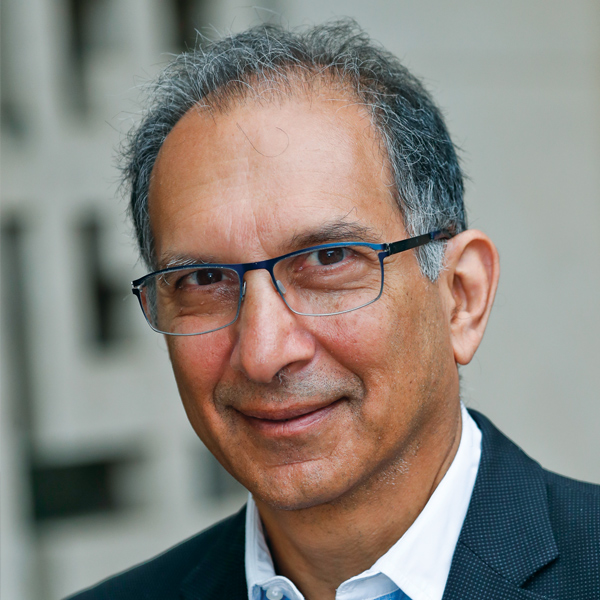
The G20 Finance Ministers requested an Eminent Persons Group (EPG) to make recommendations on global financial governance. The report of this group, delivered in October 2018, argues that “we need substantially greater impact in helping countries achieve sustainable development and inclusive growth, and in managing the growing pressures in the global commons. The current pace of change will not get us there.”
The EPG report outlines reforms to position multilateral institutions at the center of a “cooperative international order suited to the 21st century.” Only in a global context that is decentralized, yet resilient, can national policies align with international initiatives. Individual countries need such a system to achieve the universally-agreed set of UN Sustainable Development Goals (SDGs) by 2030. The world needs such a system if it is not to be overwhelmed by the challenges it confronts—climate change, low productivity growth and wage growth and sustainable infrastructure accessible to all.
LSE

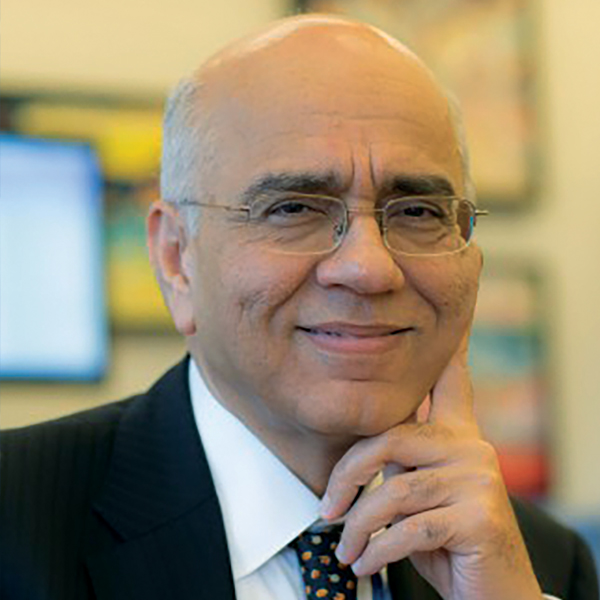
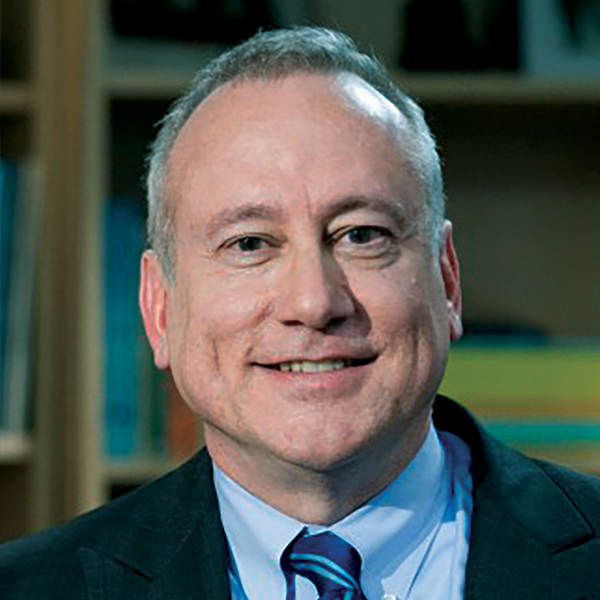
As the B20 community convenes in Tokyo this March to consider how to build “Society 5.0”, we strongly urge them to review and support the G20 commissioned report of the Eminent Persons Group (EPG) on global financial governance. The recommendations of the report are foundational to the types of changes the Keidanren envisages as we move beyond the information society. As the EPG underscores, it is time to transform the post-World War II global financial architecture to avoid the “risk of drift into a fragmented world, with policies in different parts of the world working at odds with rather than reinforcing each other, and with all nations ending up losing.”
The EPG report makes 22 concrete proposals for change. None is revolutionary, all are practical. Alone each would make some small difference in the way we work together across the globe. But taken as a package, the proposals have the potential for fundamentally shifting the governance of the financial system, and moving capital flows to those parts of the world where there are the greatest opportunities for economic advancement and the highest risks of human catastrophe if the system is left unchanged.
LSE


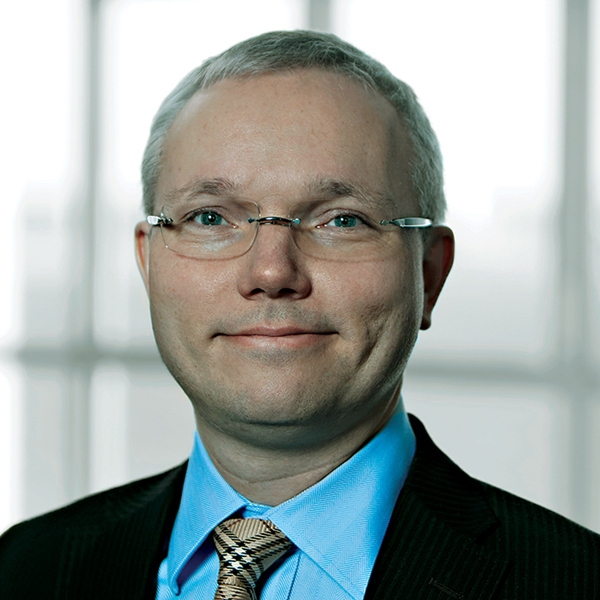
Preventing devastating climate change will require large scale investments in renewable energy, smarter cities, buildings, and many other assets. Part of these investments will be in advanced economies, but to effectively tackle climate change and achieve other Sustainable Development Goals, large capital flows between advanced, emerging and developing economies are needed.
As estimated by the Global Commission on the Economy and Climate, a total of USD $90 trillion investments in infrastructure is needed globally over the 2015-30 period – roughly doubling past investment levels and delivering more than the world’s entire current infrastructure stock. This will hardly happen without financial innovation. Hence the G20 Eminent Persons Group on Global Financial Governance has, rightly, emphasized that significantly greater private investments could be mobilized, including by building a sustainable infrastructure asset class with sufficient scale and diversification to attract institutional investors.
LSE

How to Make the Global Financial System Work Better
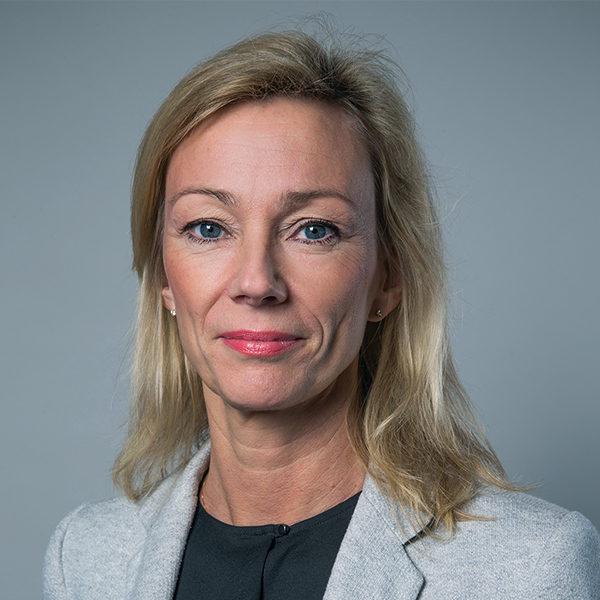
Surely, we should be able to make the global financial system work better. Financial capital should be steered to where it could do the most good, without having as a side effect that receiving countries from time to time have to go through severe financial crises. Such crises set them back years in terms of economic growth.
LSE

Coordinator of the 15th Replenishment of the African Development Fund at the African Development bank
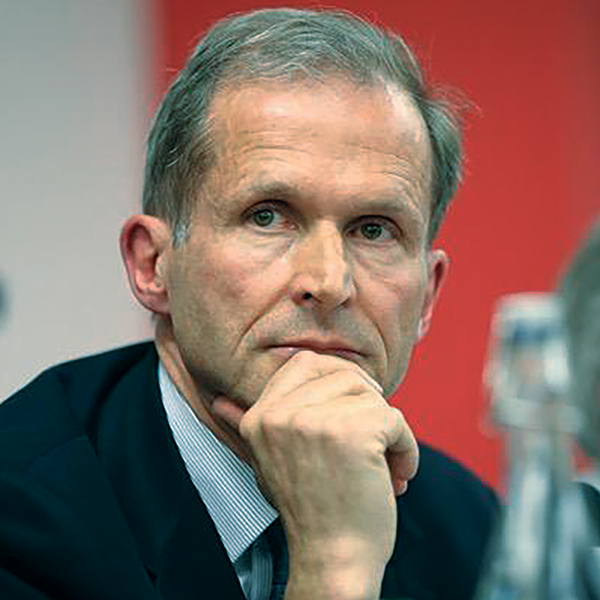

What did the EPG have in mind? The key idea is a systemic approach – the system working as a system – is needed to meet the more complex and intertwined development challenges. This can only be achieved through three important changes in the way the development community operates: 1) a more coordinated and collaborative approach among development agencies, 2) crowding in the ideas and financial capacities of the private sector, and 3) placing the country (its policies, capacities, and development needs) at the center. Only the G20 has the convening power and authority to drive these changes.